Two days ago, I spoke about the great lie that lies behind contemporary economics. It involves a fruit marketing company, originally designed to erase lies but now in the thick of them, and a beer can scaring a coot in a spring flood creek. My friend Tamara reminded me that such stories are hurtful to human hope. Thank you, Tamara. I will now try to restore that hope, because I never meant to weaken it. It’ll take me a few weeks, but I’m excited about the prospects. You can read the original post here. Now follows the first attempts at a new vision, based on the principle that the future is with us. All that stands between us and a new world are words — or, rather, the lack of them. I am now going to make an attempt to find some of them. Here goes. First (sorry, Tamara), let’s start with an assessment of where things are.
Davison’s Orchard, Vernon, British Columbia
After 90 years of farming in the valley, the colonial orchard continues to devour the earth.
The Davisons are a hardworking, devoted and successful farming family, in a country where most farmers have failed. That is deeply honourable. Nonetheless, the image above shows the contemporary economic condition very clearly: in order to make profit, the living earth must be destroyed and translated into an artificial version of itself. Monetary systems, both capitalistic and communistic, work on this principle. Humans have been so successful at this, that it has come to the point at which the choice is very clear: either the earth becomes a simplified, artificial machine, or humans adopt a new economic method, which allows the earth to produce life once more. I am solidly behind the latter model, because I don’t think the first model will lead to anywhere other than poverty, in all sense of the word. But I promised hope. Look, here’s hope:
Davison’s Five-Year-Old Williams’ Christbirne Orchard
Don’t look at the pear trees, look at the grass. There is the hope.
If a capitalistic economic system requires profit to be drawn from the land, on the principle that the land will continue to produce life and energy, freely, without input, which can just be drawn from, the future economic system will realize that profit comes from creating complex webs of life, rather than only complex social relationships, because the webs of life are obviously not going to keep on without help. The image above shows how this might take place. This farm creates pears, which people purchase as part of a harvest celebration in September. It also, however, creates a large amount of green material, which is mowed down and considered waste. A future economic system, one that works towards maintaining the earth, will reward investment not on the profit that is drawn from the land, but on the increase of diversity within the land itself. Simply put, the profit that is derived from the efficiencies of chemically destroying competition for the pears and easy access for machinery on the land, will be compensated by harvesting dandelions, grass, and a large number of diverse wild plants between the pear rows. As a benefit, wild bees will pollinate the fruit, birds will thrive, and this monocultural zone will produce two kinds of profit: profit for the farmer, and life for the earth. Instead of profit being derived from objects, such as pear trees, it will be derived from the creative potential of the land. This will work in a practical sense, because the crops grown on that land will not require heavy inputs of water, which cost both human society and natural environments a great deal. It’s possible, it’s do-able, and it’s exciting. All that stands between us and a living earth is greed and stupidity. Against greed, we can act collectively. Against stupidity, well. Have a look.
Smokebush (Valanidh)
In Bulgaria, Valanidh (a variety of sumac, in the mango family) is a mainstay of the health system, and a very profitable herbal crop. In Vernon, British Columbia, it is a decorative plant, which grows too quickly for poorly-planned aesthetic gardening and so is hacked back with clippers until it is ugly, defeating its purpose. Yet, it is still full of life and beauty.
We could create an industry around this plant in 3 years. All we would have to do was to put the pruning clippers away and work together, rather than apart, and work for practical ends, rather than pretty ones. But that’s not a loss. Practicality of this kind is beautiful in itself, and will result in beautiful, free-growing trees, right within urban space. It can be done. It can be done easily. That our university is not working on this is to its shame. That our city prefers to talk about 100 million dollars for road and water infrastructure is only an indication that words are lacking for the future that is already here. We who walk these roads and hills will have to lead the way. I find that inspiring.
Categories: Agriculture, Arts, Gaia, Global Warming, Land, landscaping, Open Agriculture, Water

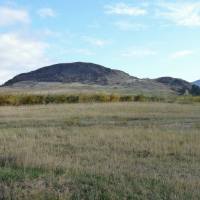
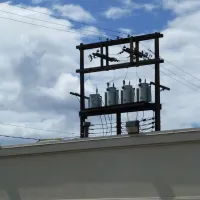
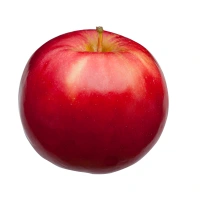
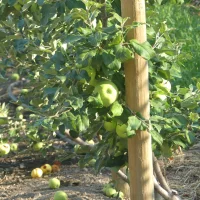
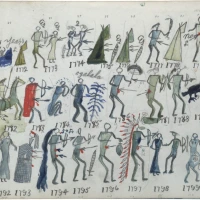
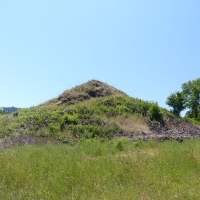
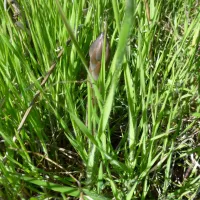
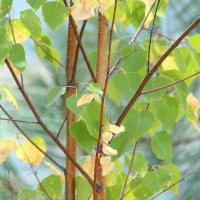
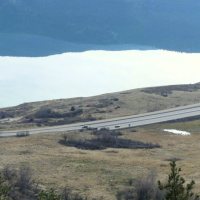
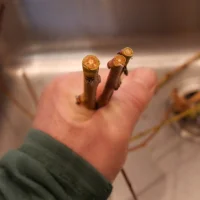
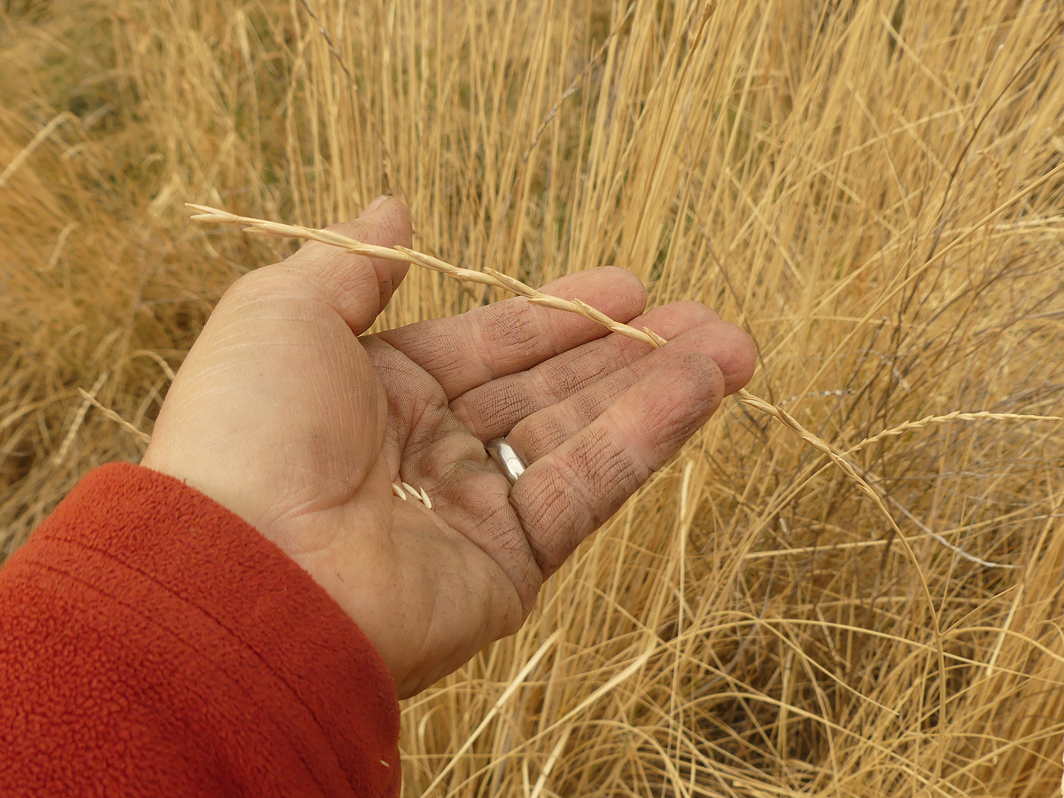
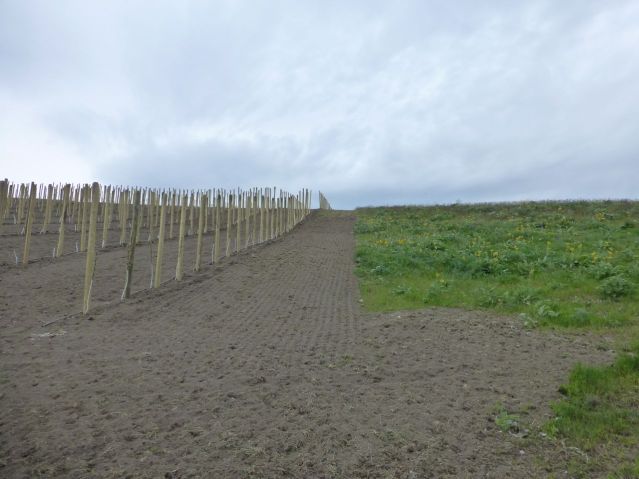
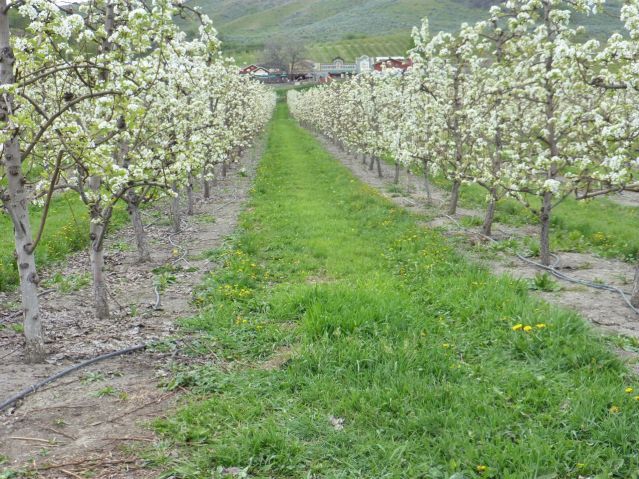
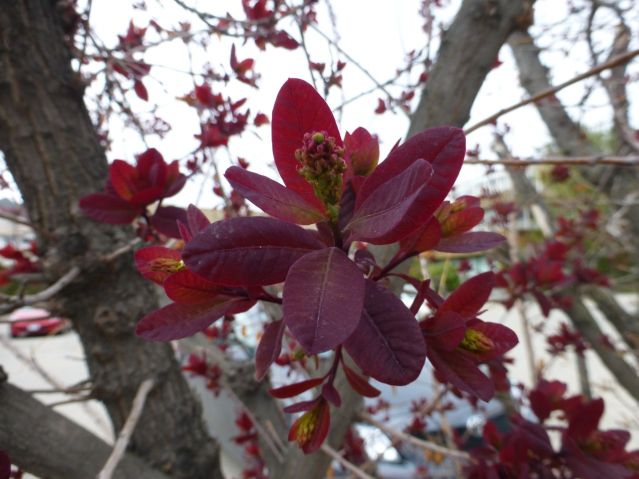

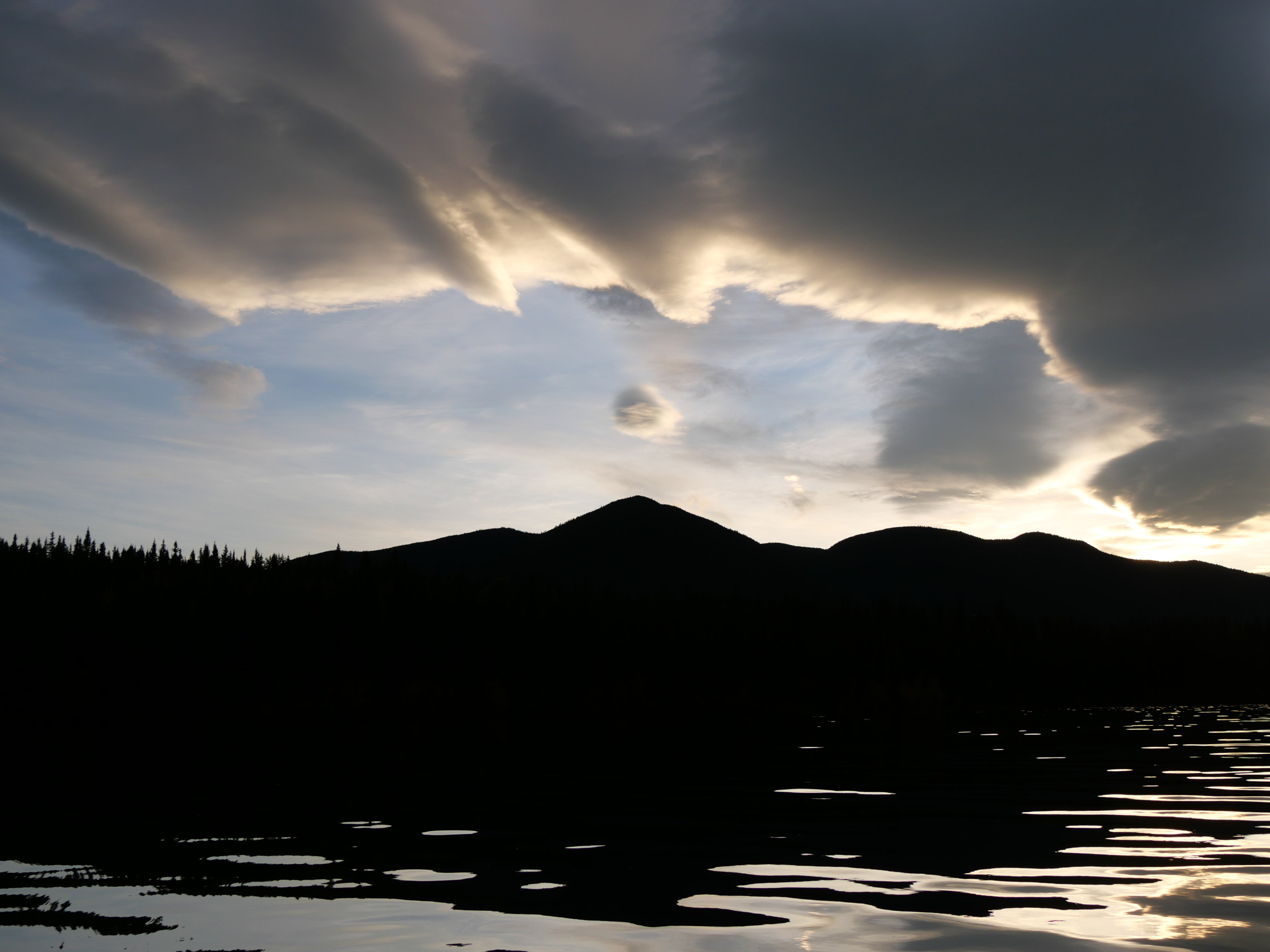
I agree, thank you for your thoughts! We need some serious revamping.
LikeLike
Reblogged this on GIANLUCA PASCA – oltre … la politica..
LikeLike
Dear Harald, you just made me thinking about where hope for our future comes from,why we must not allow us to lose this hope and how complex the webs of our lives have to become to enable us a humanistic development oriented from our today towards our tomorrow without loosing nor our humanity nor our future nor our environment.I am eager to read what do you have to say !It fascinates me to see your way of approaching questions I do pose to myself, too.So let me add my thoughts about your sentence “All that stands between us and a living earth is greed and stupidity. Against greed, we can act collectively. Against stupidity, well. “-I believe fighting for our living earth has to be collectively fighting stupidity at the first place, I believe in education here,but we could talk whether this education has to be formal, in concordance with economy or sustainable one,developing from knowledge of past generations and having in mind modern science…….Waiting for your answer, walking roads and hills to see the way (and taking some pics for my blog in between)!
LikeLike
Reblogged this on My Botanical Garden.
LikeLike
It is inspiring. Thank you.
LikeLike